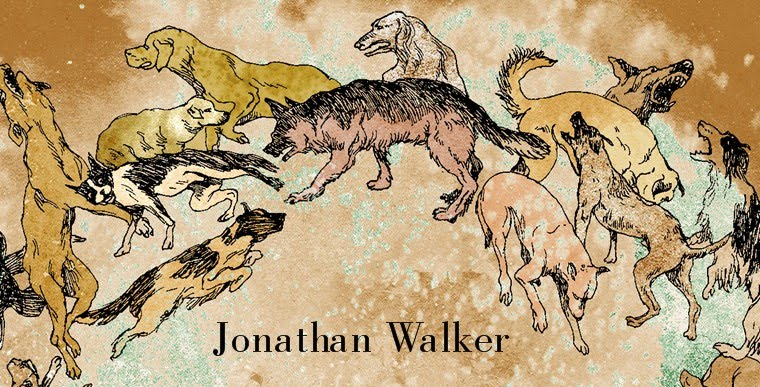[Continues from the previous post:]
To be chosen, to be condemned: two possible outcomes of the same process. .... The Trial and The Castle share a premise: that election and condemnation are almost indistinguishable. .... The main difference is this: condemnation is always certain, election always uncertain. Roberto Calasso, K.
In the last post, we moved rather abruptly from Blade Runner to Robert Bresson. Here we make another abrupt cut to the song Gouge Away (jumping over Franz Kafka as we go), from which we shall return to the multiple endings of Five Wounds.
Gouge Away is the final song on Doolittle, the breakthrough 1989 album by the Pixies, which Ben Sisario describes as:
among the most violent pop albums ever recorded, if not in body count then in the starkness of its calamities. It features rape, mutilation of the eyes, vampirism, suffocation, smothering by tons of garbage, and the chaos of blind gunfire; for the punchline, everybody gets crushed to death. When not killing or maiming, the album turns to depraved sexual loathing and visions of apocalypse. ...
Sisario describes Gouge Away’s subject in the following terms (I quote his discussion at length because there is little I can add to it):
The song is another bloody biblical adaptation, this one the story of Samson and Delilah from Judges 16. .... The story mingles sex and politics on a small scale with gigantic divine retribution, as Samson the seduced and ruined becomes Samson the instrument of God’s fury. [Songwriter Charles] Thompson’s 100-words-or-less summary: “Big strong Samson, toughest guy in town, partying with the Philistines – he’s got this Achilles’ heel thing, you know, with his hair. Somehow he lets some girl [the prostitute Delilah] know what’s up. That’s how the Philistines capture him. She goes in and cuts his hair. He becomes weak. God takes his strength away from him. There he is, chained, his eyes gouged out. Made a mockery by the pagans, you know. Chained there to the pillars. He asks God for strength one more time, to avenge these sinners. Pulls the columns in, causes the building to collapse on everybody. Pretty great story.” .... The recurring chorus suggests that all along Samson knows what’s coming to him. It’s no surprise. .... ‘It’s a taunt,” Thompson says. “Go ahead, have your fun. Gouge away, because something’s going to happen. No one here gets out alive.” Retribution rocks: Chained to the pillars A three-day party I break the walls And kill us all With holy fingers In the Bible, of course, Samson really does mean “kill us all” – he knows that he only has one chance to get back at those nasty Dagon-worshippers, and offers God the kind of prayer that might come from John J. Rambo. “And Samson said, ‘Let me die with the Philistines.’ And he bowed himself with all his might; and the house fell upon the lords, and upon all the people that were therein. So the dead which he slew at his death were more than they which he slew in his life” (Judges 16: 30).
[Quotations from Doolittle by Ben Sisario.]
The world conjured by the lyrics and the sound of Doolittle is one familiar to me (I also listened to albums by Larry Norman, the Christian songwriter whose slogan ‘Come on pilgrim’ was used as the title for the Pixies’ first release). Here I want to draw out the relevance of the Samson story for the two alternative ending(s) of Five Wounds, and to relate this story back to the concept of the deus ex machina.
Election and condemnation are almost indistinguishable. Samson invokes both: his divine revelation is an act of destruction. This story reveals (or perhaps hides) an essential truth: Forgiveness, like judgement, is always violent. It destroys the coherence and autonomy of everything it touches. I conceived the two endings of Five Wounds in these terms. The 'happy ending' is only possible because of an act of narrative violence comparable to that invoked by Samson, an arbitrary event that brings the fictional world crashing down around the ears of the protagonists because its occurrence violates a fundamental rule, a rule that - so we have been led to believe - is necessary for this fictional world to make sense at all.
In Five Wounds, this event is not obviously catastrophic (unlike the mass murders that occur just before the book's climax, which are perhaps a more obvious comparison for Samson's apotheosis). Indeed, the final event hardly happens at all, the narrative barely acknowledges it. It is described only by the last sentence in the book, because nothing can continue to exist after it has taken place. Are you willing to pay Samson's price for a happy ending? Are you willing to bring the temple down around yourself by invoking the deus ex machina? Are you willing to be judged, or to be forgiven? You have to make a choice.





No comments:
Post a Comment